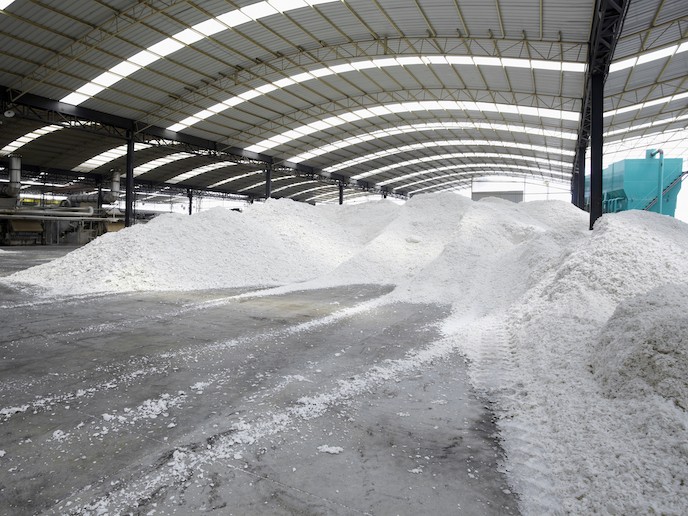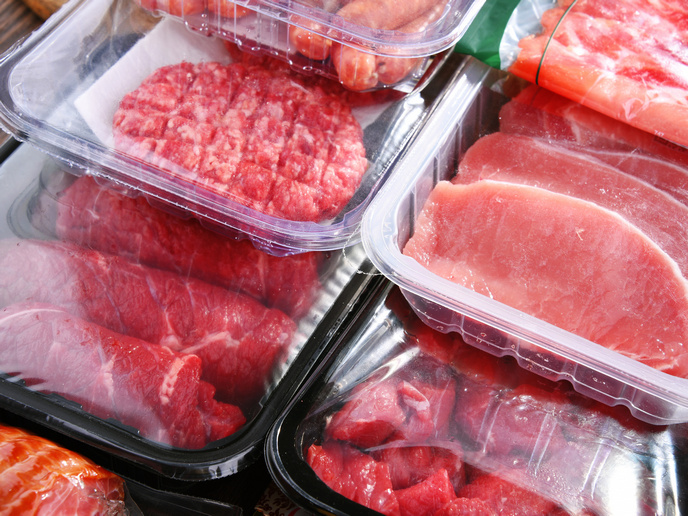Turning waste product into high-performing polymers
If Europe is to meet its sustainability goals, its dependency on petroleum-based products must come to an end. That means replacing fuel, oil, chemicals, plastics and other synthetic materials with such sustainable alternatives as plant-based products. In Sweden, Ecohelix is doing exactly that. Through the ECOHELIX project, the company has developed an innovative technology capable of transforming the pulp and paper industry’s waste product into high-performing polymers. “The end-product can replace petroleum-based products with a highly sustainable, biodegradable product that reduces CO2 emissions and adds value to the pulp industry,” says Petri Oinonen, Ecohelix founder and CEO. “Our aim is to become a major producer of sustainable, forestry-based high-performance polymers.” Now, with the support of an EU-funded feasibility study, Ecohelix is ready to commercialise its ground-breaking technology.
Superior performance
Ecohelix leverages the large, stable availability of raw material created by the pulping process. Using membrane filtration and biotechnology, the Ecohelix process isolates and modifies the wood biorefinery-derived hemicellulose and low molecular weight lignin from this raw material. This is then converted into polymers, which can be used in a number of potential applications in, for example, the cosmetics, pulp and paper, chemical, packaging and construction industries. “For certain applications, such as paper board chemicals and in cosmetics, tests have demonstrated a significantly superior performance over traditional products,” explains Oinonen. “These polymers are thus well-positioned to replace petroleum-based and harmful substances in several customer products and result in substantial improvements in their manufacturing processes.”
Important insights gained
Fully verified for both production and as an end product, Ecohelix is quickly becoming a recognised processing technology within the pulping industry. “With strong cooperation with our partner mills and formulators, we hope to see our technology become a global player,” says Oinonen. However, getting to the global market requires a well-structured marketisation plan, which is where the EU-funded feasibility study came into play. Specifically, the study helped the company better understand the economic potential of the Ecohelix polymer, define optimal production processes and costs, refine the polymer’s technical specifications, establish key partnerships, and form a clear business case. According to Oinonen, the feasibility study gave his company important insights on the technical and economic possibilities – and barriers – that Ecohelix faces. For example, during the study, researchers further quantified the mass and heat balances of the process, as well as the process-derived contaminants that could pose regulatory issues. They were also able to resolve several issues relating to operational safety. “Thanks to the support of EU funding, we were able to solidify our cooperation with both raw material producers and our customers,” says Oinonen. “As a result, the road to taking the Ecohelix product to market is clear and ready for implementation.” To finalise Ecohelix’s marketisation, the company is currently developing a demo polymer production process. This step is supported through the EU-backed VEHICLE project.
Keywords
ECOHELIX, polymers, pulp and paper industry, sustainable, sustainability goals







